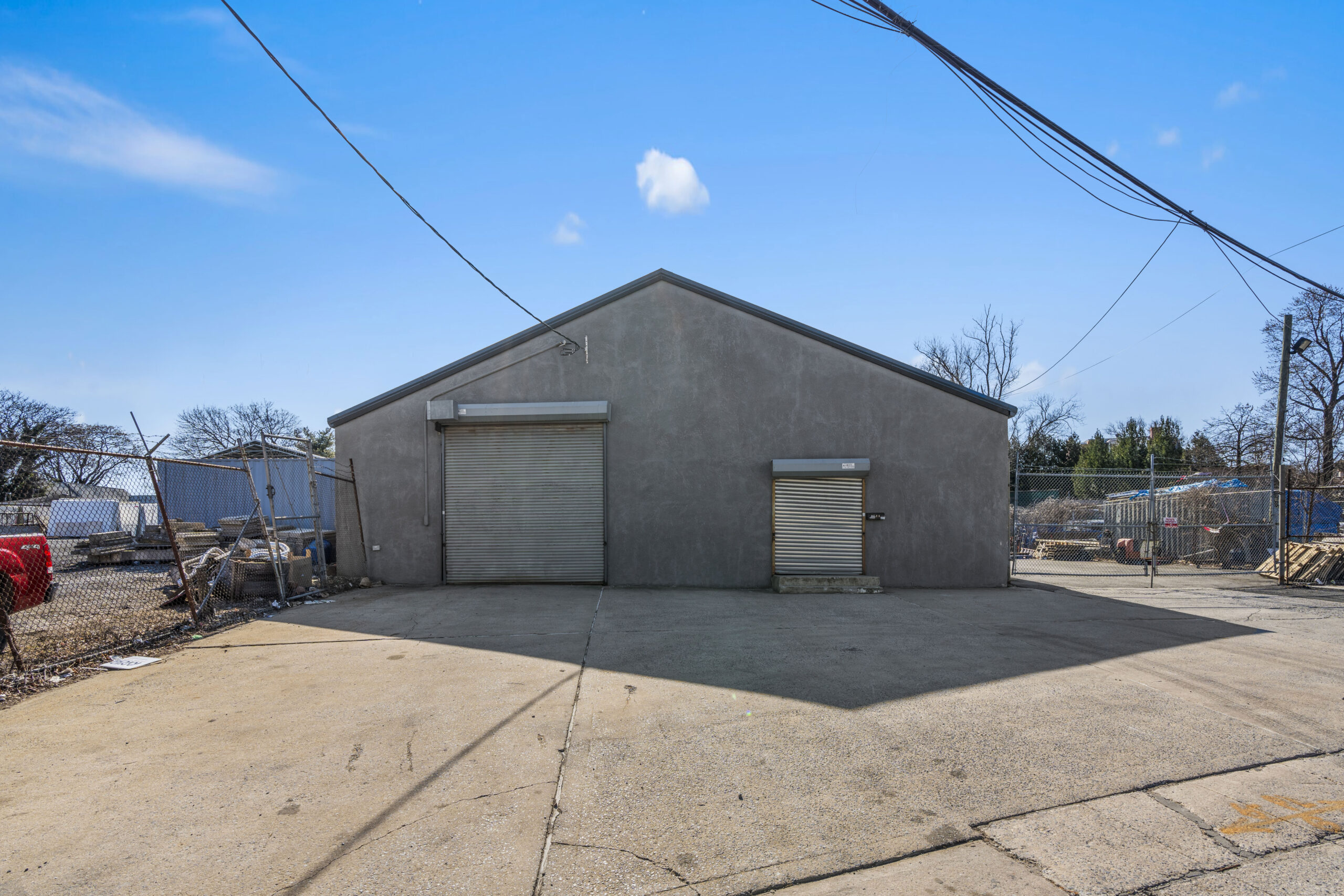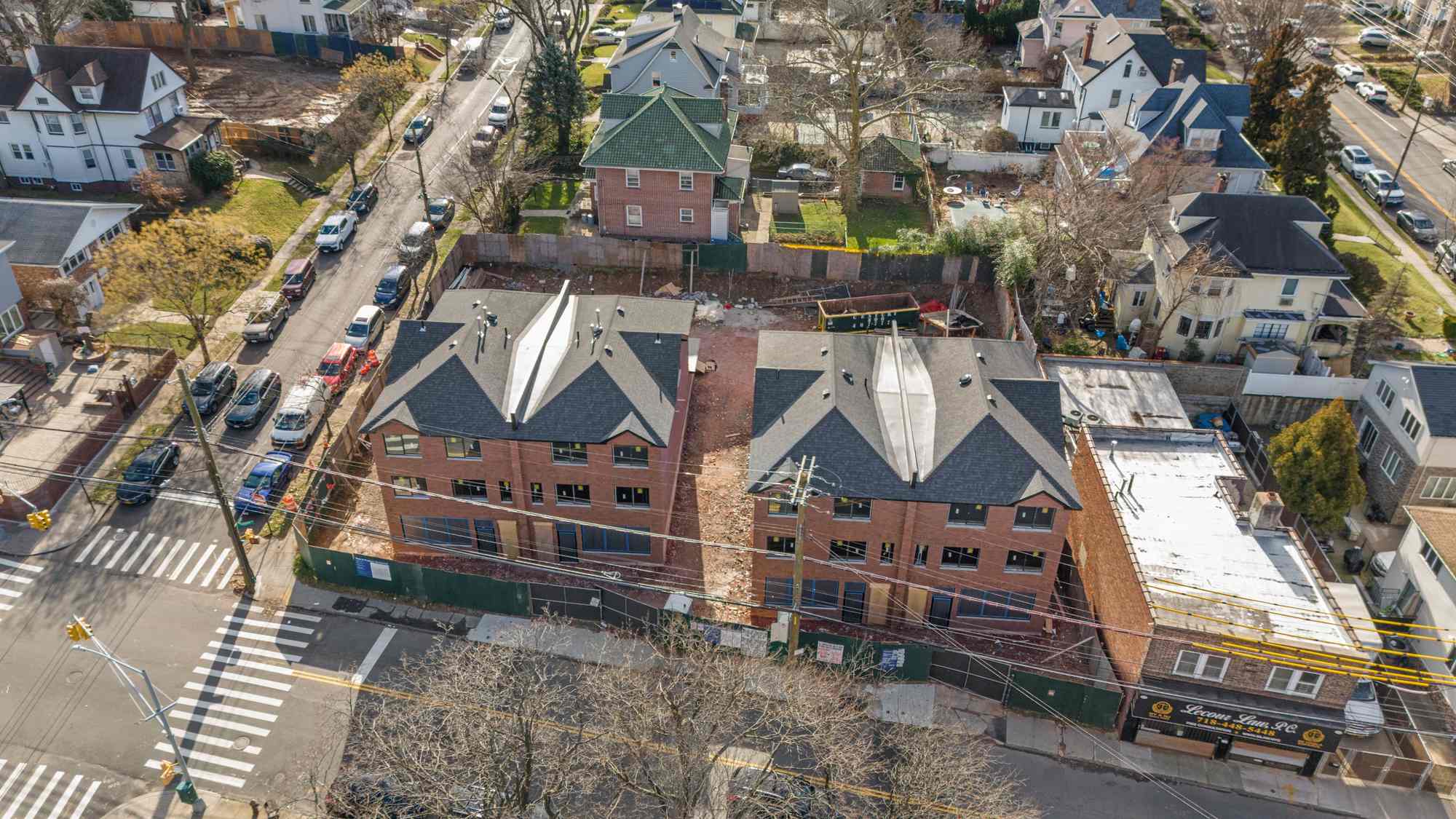Location and Zoning
Location is one of the most important factors to consider when it comes to real estate. When looking to buy vacant land, you need to think about factors such as access to transportation, proximity to amenities, and the local community.
Another important factor is zoning. You’ll want to ensure that the land you’re interested in is zoned for the intended use, whether that’s residential, commercial, agricultural, or something else. Zoning regulations can vary depending on the area, so it’s essential to do your research before making an offer.
Watch PreReal Podcast #104 – As James Prendamano with Client Turner discusses what the most attractive parts of land investing are.
Factors to Consider When Choosing a Location
There are several factors to consider when choosing a location for your vacant land purchase. Here are a few to keep in mind:
- Accessibility: Is the property easily accessible by road or other means of transportation?
- Proximity to amenities: Are there grocery stores, schools, hospitals, and other necessary amenities nearby?
- Neighborhood: What is the character of the surrounding area? Is it safe and well-maintained?
- Natural features: Is the land near natural features such as beaches, mountains, or lakes? Are there any natural hazards to be aware of?
- Local economy: Is the local economy strong? What industries are driving the local economy?
Topography and Features
The topography and features of the land you’re considering can have a significant impact on its value and potential uses. Here are a few things to keep in mind:
- Importance of topography: The topography of the land can affect its drainage, erosion, and soil quality. Understanding the slope and elevation of the land can help you determine if it’s suitable for your intended use.
- Types of terrain: There are several different types of terrain to consider, such as flat, hilly, or rocky. Each type of terrain has its own advantages and disadvantages, depending on your intended use.
- Features to look for: When evaluating vacant land, it’s essential to look for features that can increase its value or potential uses. For example, water sources such as rivers or lakes can be a valuable asset, as can natural boundaries such as mountains or forests.
Access and Utilities
Access to the property and availability of utilities are also important factors to consider when buying vacant land. Here are a few things to keep in mind:
- Importance of access: Easy access to the property is essential for many uses, such as residential or commercial development. When evaluating vacant land, consider the type of access available, such as road access or easements.
- Types of access: There are several types of access to consider, such as public roads, private roads, or shared driveways. Each type of access has its own advantages and disadvantages, depending on your intended use.
- Availability of utilities: The availability of utilities such as electricity, water, and sewer can also impact the value and potential uses of the land. When evaluating vacant land, consider the availability of these utilities and the cost of connecting to them.
By taking into account the topography, features, access, and utilities of vacant land, you can make a more informed decision when buying property. With careful consideration and research, you can find the perfect piece of land to meet your needs and goals.
Environmental Factors
Environmental factors can significantly impact the value and potential uses of vacant land. Here are some things to keep in mind:
- Importance of considering environmental factors: It’s essential to consider any risks associated with the property, such as flooding or soil contamination. These risks can affect not only the property’s value but also its ability to be developed or used.
- Researching the property’s environmental history: Before making a purchase, research the property’s environmental history to determine if any issues have been identified in the past. This research can help you make a more informed decision and potentially avoid costly problems down the line.
Legal Considerations
Legal considerations are another crucial factor to keep in mind when buying vacant land. Here are some things to consider:
- Importance of understanding legal considerations: It’s important to understand any existing easements or restrictions on the property that could limit its use. For example, there may be zoning restrictions or conservation easements in place that could impact your plans for the property.
- Researching any existing easements or restrictions: Before making a purchase, research any existing easements or restrictions on the property to ensure that they align with your intended use.
- Obtaining a survey of the property: A property survey can provide valuable information about the property’s boundaries and any existing easements or restrictions. It can also identify any potential issues that could impact the property’s value or use.
When buying vacant land, it’s important to consider not only its physical characteristics but also any potential environmental and legal factors that could impact its value and use. By doing your research and taking the time to evaluate these factors, you can make a more informed decision and potentially avoid costly problems down the line.
Conclusion
In conclusion, buying vacant land requires careful consideration of many factors, including environmental and legal considerations. It’s essential to take the time to thoroughly research and evaluate all aspects of the property before making a purchase. By doing so, you can maximize the potential of the property and make a sound investment.
Related Topics:
Investing in the land to financial freedom with Clint Turner | PreReal Podcast #104
Does a Piece of Vacant Land Qualify For Cost Segregation
POSTED BY PREREAL™ PRENDAMANO REAL ESTATE ON







Leave a Comment